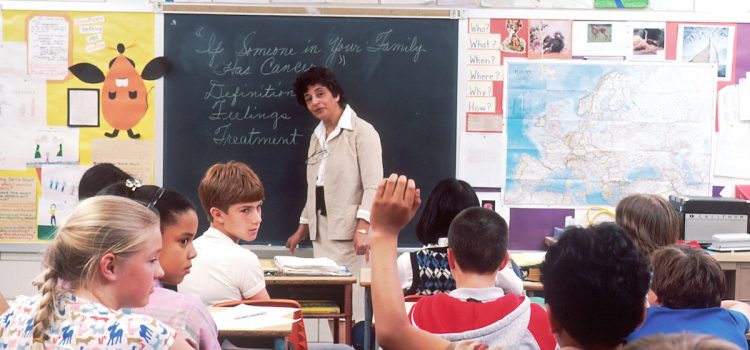What is most important for first-time parents to know? What advice can you learn from research in parenting? As a first-time parent, you might feel overwhelmed by the amount of parenting advice available to you. However, author Alfie Kohn’s Unconditional Parenting book takes a simple approach to effective parenting: showing your children unconditional support, acceptance, and understanding. If you’re a first-time parent looking for proven advice, keep reading to learn Kohn’s unconditional parenting technique.
First-Time Parents: The Most Important Thing to Know










